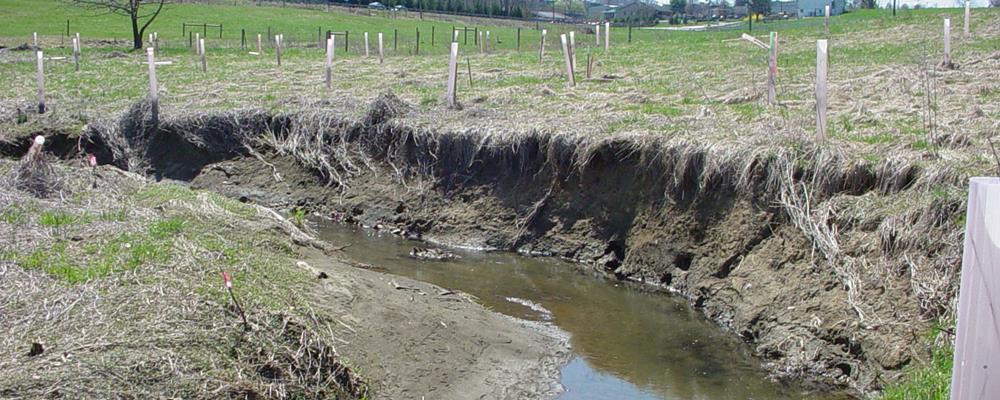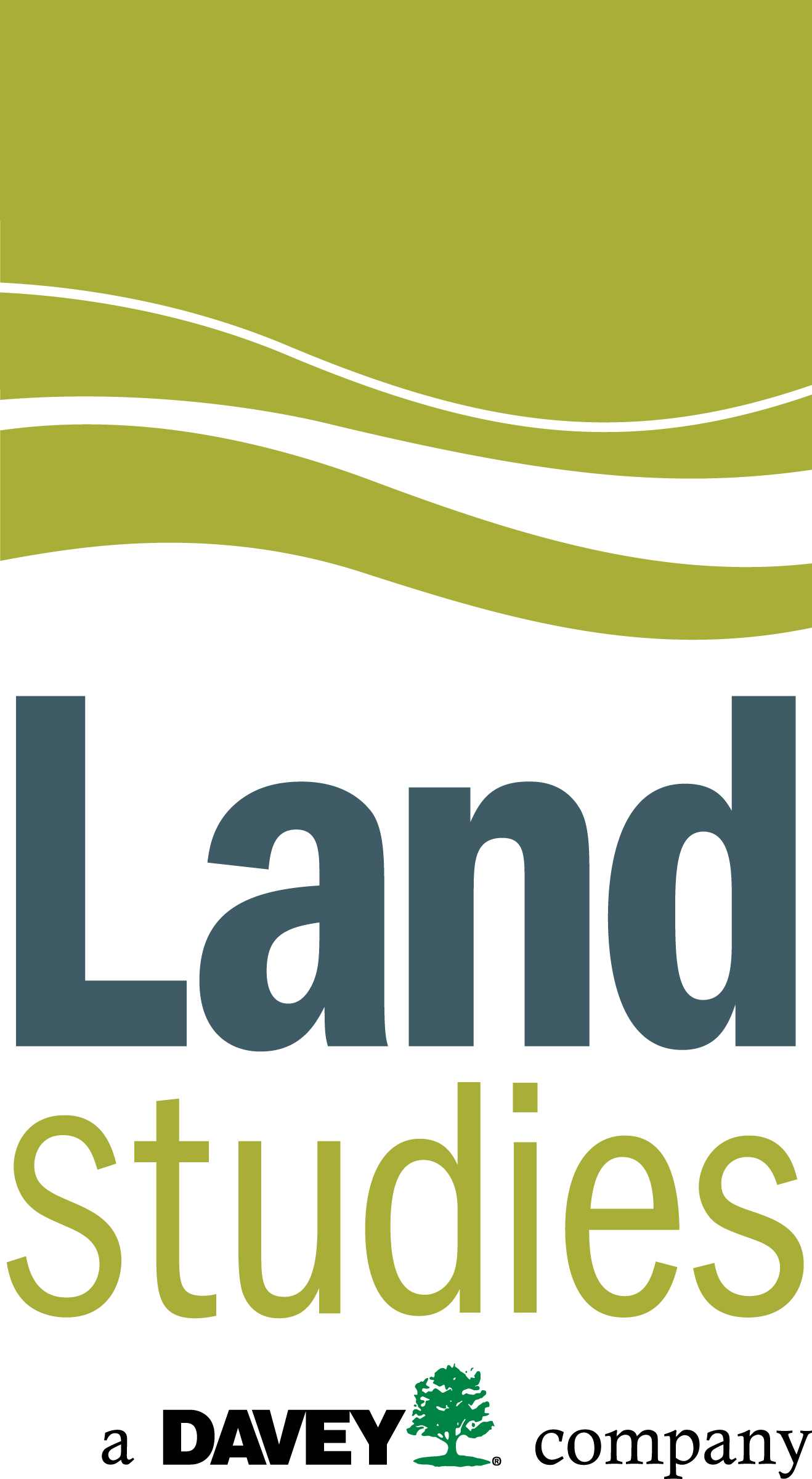
- This event has passed.
Legacy Sediment, Riparian Corridors, and Total Maximum Daily Loads

This STAC workshop will be structured around panel discussions on each of three themes: legacy sediment, riparian corridors, and total maximum daily loads, with three-four experts on the panel who will be asked to address specific questions and cite key evidence. These will be followed by group discussion and individuals designated as “synthesizers” will come up with discussion points to summarize or respond to the panel. Panelists and discussants will be asked to prepare notes with reference citations that can be used by the steering committee in preparing the workshop proceedings.
DAY 1:
9:30 – 10:00 am Sign-In and Coffee (provided)
10:00 am Welcome, Introductions, Overview of workshop Objectives and Outcomes – Andy Miller
Theme A:
10:30 – 12:00 pm A1 Panelists: Allan James, Sean Smith, Dorothy Merritts, Greg Noe
(~10 minutes per speaker, plus additional Q&A)
- How should legacy sediment be defined in the context of the Chesapeake Bay management effort?
- What is the importance of legacy sediments compared to other sediment sources affecting Bay conditions?
- To what extent do legacy sediments provide an important source of nutrient contributions by comparison with other sources?
12:00 – 12:45 pm Lunch (provided)
12:45 – 2:15 pm A2 Panelists: Jim Pizzuto, Cliff Hupp, Allen Gellis, Karl Wegmann
- How do the distribution, characteristics and relative magnitude of legacy sediment vary with watershed scale or geographic location?
- To what extent are lag times for sediment delivery and intermediate floodplain storage processes relevant to our assessment of the problem?
2:15 pm Break
Theme B:
2:30 – 3:45 pm B1 Panelists: Art Parola, Solange Filoso, Drew Altland, Tess Thompson
- What do we know about the engineering reliability and water-quality effectiveness of practices designed to mitigate the potential downstream impacts of legacy sediment at the watershed scale?
3:45 pm Break
4:00 – 5:15 pm B2 Panelists: Don Weller, Bern Sweeney, Peter Kleinman, Kathy Boomer
- What do we know about the relative effectiveness at the watershed scale of practices designed to retain or prevent mobilization of sediment and associated nutrients from sources other than legacy sediment?
5:30 pm Adjourn Day
DAY 2:
8:30 – 9:00 am Light breakfast (provided)
9:00 – 9:30 am Recap Day 1
Theme C:
9:30 – 12:00 pm Panelists: Kevin Smith, Stu Schwartz, Erik Michelson, Gary Shenk, Ryan Cole
- How do we decide on the appropriate combination of controls from Theme B (both in design and number) to reduce impacts on Chesapeake Bay?
- What are costs and constraints that influence ability to implement practices?
- What additional information do managers need to inform their choices?
12:00 – 12:45 pm Lunch (provided)
Panel Synthesis
12:45 – 1:30 pm Theme A Panel Response and Discussion –
A1 Synthesizers: Mike Langland, Andy Miller, Bob Walter
A2 Synthesizers: John Brakebill, Katie Skalak, Dorothy Merritts
1:30 – 2:15 pm Theme B Panel Response and Discussion –
B1 Synthesizers: Scott Lowe, Mike Trumbauer, Sean Smith, Ken Murin
B2 Synthesizers: Karen Prestegaard, Matt Baker, Tom Schueler
2:15 – 3:00 pm Theme C Panel Response and Discussion –
C Synthesizers: Ann Swanson, Lisa Wainger, Denise Clearwater
3:00 – 3:30 pm Concluding Thoughts and Next Steps
3:30 pm Adjourn
